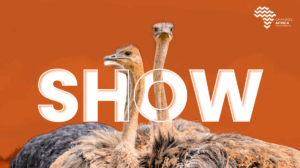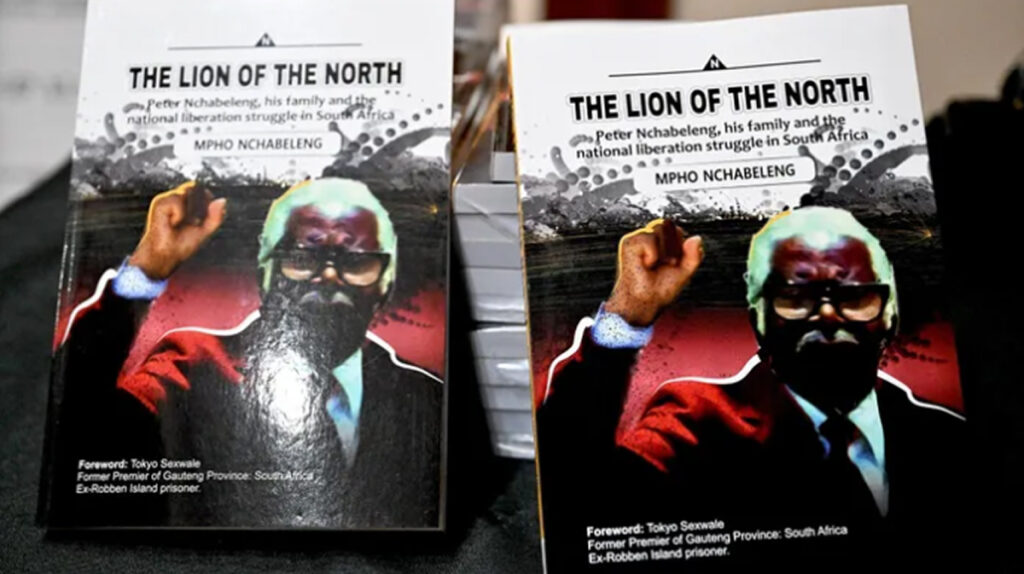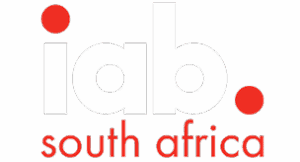The Lion of the North: Peter Nchabeleng, His Family, and the National Liberation Struggle in South Africa was launched in one of the facilities at Peter Mokaba Stadium in Polokwane. The coincidence of the elder Peter (Nchabeleng), the “Lion of the North,” and the younger Peter (Mokaba), “the young lion,” meeting again—albeit in spirit—was striking.
I knew Peter Nchabeleng as a humble, fierce, dyed-in-the-wool communist who played a significant role in the liberation struggle. After reading the book, I can confirm that Mpho Nchabeleng, the author, is an excellent writer.
Although the book focuses on the life of Peter Nchabeleng and his family, it beautifully intertwines their story with the broader struggle for freedom in South Africa. It contains many tidbits of well-researched historical facts, expressed in simple and clear language.
Most historical accounts refer to the banning of the ANC in 1961; however, nearly three years earlier, in 1958, the ANC was banned in Sekhukhune via a proclamation that made it an offence to become a member of the ANC or to use its slogans or symbols.
Another tidbit is the initial version of the oath of uMkhonto weSizwe: “I, as a soldier of uMkhonto weSizwe, swear to defend my comrades even with my life, but silently. As a soldier of uMkhonto weSizwe, I will uphold the policy of the National Liberation Movement led by the ANC. As a soldier, I will defend our people, our country, and our comrades, fighting for the full rights of our people and our country—for full rights and dignity for all—and obey the instructions of the above commander. Amandla!” This oath has evolved over the decades since uMkhonto weSizwe was formed, though it has remained essentially the same. Key elements of this oath persist in the Code of Conduct for Uniformed Members of the South African National Defence Force, which is read at every parade or formal event.





